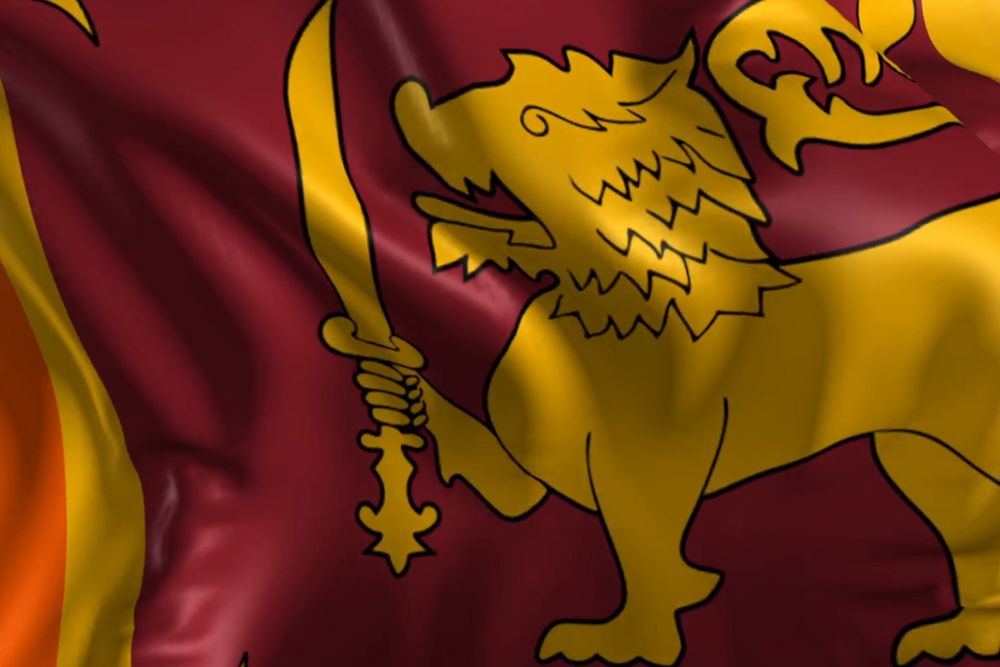Sri Lanka’s President Gotabaya Rajapaksa should immediately submit his promised resignation and the Sri Lankan Parliament should immediately convene and follow a transition process in accordance with the Sri Lankan Constitution, said the International Commission of Jurists (ICJ) today.
“Further delay in effecting a peaceful transfer of power impacts negatively on the seeking of immediate relief for the economic crisis while the general public continues to suffer,” said Sam Zarifi, ICJ’s Secretary General. “Returning to the rule of law and imposing accountability are essential for responding to Sri Lanka’s political and economic problems.”
Upon the President’s resignation, Article 40 of the Constitution allows for the Prime Minister, or in the event such position is vacant, the Speaker of Parliament to hold office as the President till Parliament elects one of its Members as President for the remaining term for which the incumbent had been elected. This election is to be held within a month of the post being vacated by the incumbent President.
On 13 July, President Gotabhaya Rajapaksa left Sri Lanka after mass protests demanded his resignation and by gazette appointed Prime Minister Ranil Wickremasinghe as Acting President. In one of his first acts as Acting President, Wickremasinghe declared a State of Emergency on the same day despite continued protests seeking his resignation from the posts of Acting President, and Prime Minister.
“The poor record of Sri Lankan security forces using excessive force and perpetrating violations during states of emergency provides serious grounds for concern,” said Zarifi.
While Emergency Regulations are yet to be gazetted, past experience has demonstrated that the armed forces have abused the extraordinary powers granted to them, leading to widespread human rights violations involving arbitrary detention, unfair trials and suppression of freedoms of expression, assembly, association and movement.
Even prior to the declaration of Emergency, on 9 July, the armed forces fired live ammunition at peaceful protestors in violation of international law relating to the use of force.
The Sri Lankan Constitution protects the freedom of peaceful assembly and implements Article 21 of the ICCPR, to which Sri Lanka is a State Party. Under article 21 any restriction on the right to a peaceful assembly must be provided in law and only where strictly necessary to protect national security, public order, public health or the rights of others.
In accordance with the requirements Article 6 of the ICCPR and the UN Basic Principles on the Use of Force and Firearms by Law Enforcement Officials, authorities may use force only when necessary as a last resort to prevent or protect against threats to life or serious injury. The continued use of tear gas against peaceful protestors, with its inability to distinguish and inherently discriminatory nature of affecting even those in the surrounding areas while also causing a myriad of health problems is another growing concern.
The ICJ believes that the extraordinary and unchecked power provided to the armed forces via the Emergency will facilitate similar violations of the human rights of the Sri Lankan people.
“There is a need to de-escalate the current situation. The Emergency must be revoked, and the Speaker should immediately convene Parliament, and set the ball rolling on a transition process in accordance with the Constitution,” Zarifi said.




